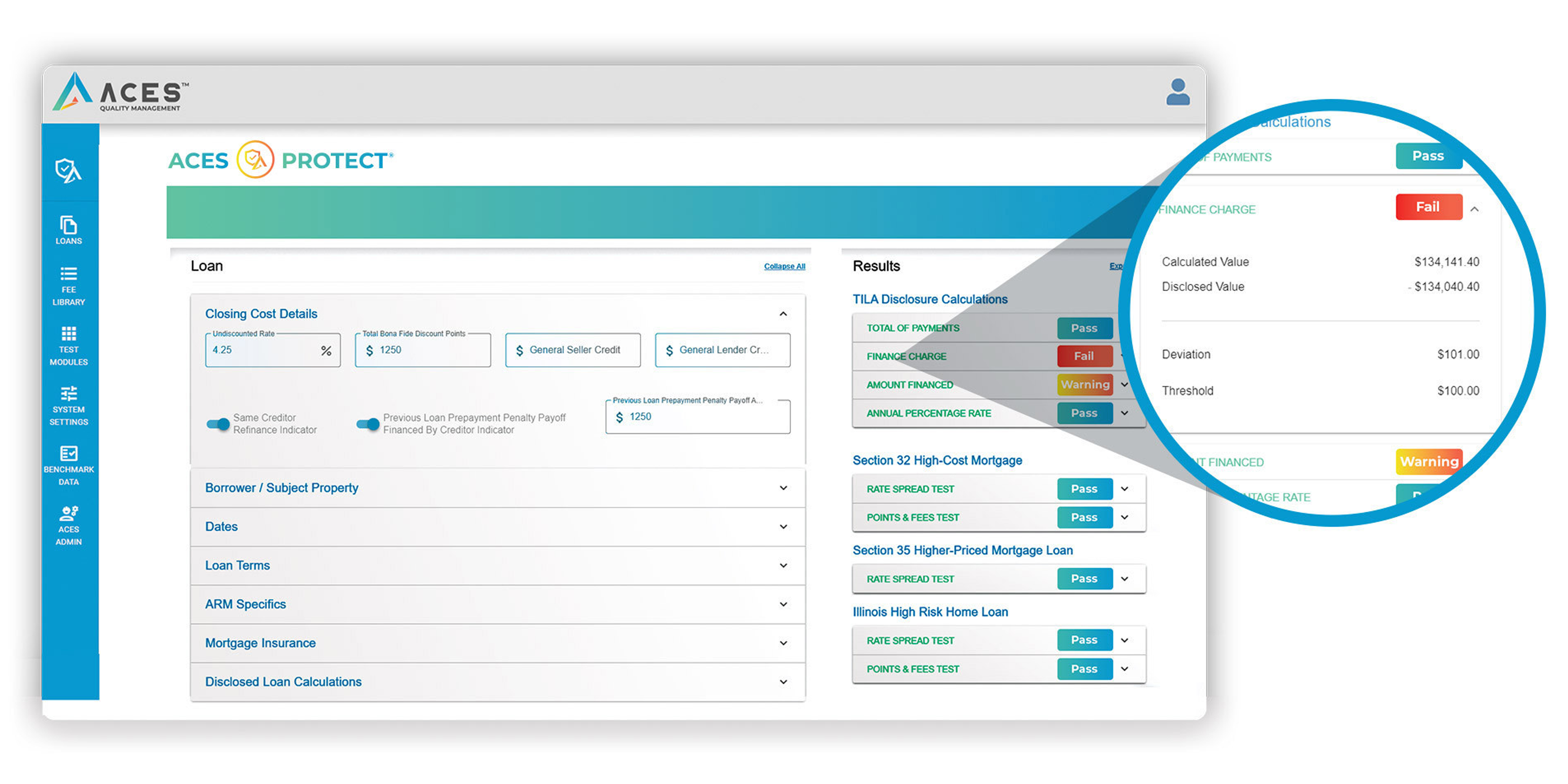Bankers Advisory, Compliance Monitor--Robert Harrison
Through Senate Bill 136, the state of Vermont enacted provisions regarding home loan escrow accounts. This bill adopted miscellaneous consumer protection provisions. For the purpose of this article, we will focus on the amendments to home loan escrow account provisions that are effective July 1, 2017.
Sec. 2. 8 V.S.A. § 10404 states that a lender cannot require a borrower to deposit into escrow any more than what is necessary to pay taxes, insurance premiums, and other charges with respect to the residential real estate. However, the lender may require aggregate annual deposits no greater than the reasonably estimated total annual charges plus one–sixth of such total; previously, this amount was one-twelfth. A lender can also require monthly deposits no greater than one-twelfth of the reasonably estimated total annual charges plus an amount needed to maintain an additional account balance no greater than one–sixth of such total; again, this amount has been amended from one-twelfth.
Lenders are now required to conduct escrow account analysis to determine the monthly escrow account payments for the next year based on the borrower’s current tax liability and after any applicable adjustment for a state credit on property taxes. This information is available to the lender either from the borrower or the municipality.
Upon receipt, the lender must review a revised property tax bill. After confirming that the tax bill has been reduced since the date of the last escrow account analysis the lender must: conduct a new escrow account analysis, recalculate the borrower’s monthly escrow payment, and notify the borrower of any change. This must be done within 30 days of receiving the bill.
Whenever an escrow account analysis is conducted, at least annually, the lender has to provide to the borrower financial statements relating to the borrower’s escrow account in a manner and on a form consistent with the federal Real Estate Settlement Procedures Act. The lender cannot charge the borrower for the preparation and transmittal of such statements.




